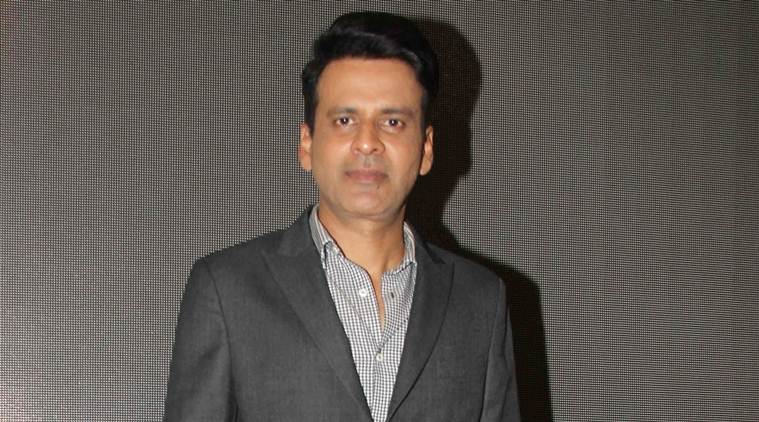Recently in New Delhi to inaugurate the Kathakar festival, a three-day event that celebrates various forms of storytelling, Manoj Bajpayee vouches for the omnipresence of stories.
Manoj Bajpayee’s eight-year-old daughter has a curious habit of making up stories. In her latest imagining, she has just come back from London. Her friends in the new school have lapped it up. But there is one problem: although her mother features in it, she has carefully excluded her father. “She feels she will be caught,” he says, reasoning that his profession will give it away.
The actor might be pained by this cruel detailing, but it is tempting to imagine Shrikant Tiwari, (essayed by Bajpayee) the protagonist in The Family Man, be delighted by this. The undercover agent, who is professionally bound to keep this job — and his heroic achievements — away from his family, resorts to lies, ever so often to stay afloat, albeit in both the boats. But the specificity of the lies, his investment in them and the eagerness with which he conveys transforms them into stories.
There is a neat example of the same when earlier in the show Tiwari tries to convince a terrorist on the run, Moosa to surrender. The latter is hiding in a house when Tiwari enters without a weapon after ignoring the many warnings of his teammates. Moments later they come out together, but this time it is Tiwari who is holding the gun while Moosa is standing behind. In their brief exchange, no shots were fired but Tiwari’s story, of how he regretted not being able to see his mother after her death, frightened Moosa of a similar consequence and ultimately persuaded him to give in. The series might have revealed the terrorist to be anything but gullible, but in that moment he yielded to the potency of a story and not to the fright of a gun. It did not matter that Tiwari’s mother was still alive. It did not matter that that Tiwari lied. What mattered was the storyteller had succeeded.
“Stories is the backbone of life,” Bajpayee says. Recently in New Delhi to inaugurate the Kathakar festival, a three-day event that celebrates various forms of storytelling, he vouches for the omnipresence of stories. “There are stories everywhere. Even the doors at Daryaganj have stories embedded in them. I am certain they speak to one another,” he says before mouthing an imaginary conversation between them. “We all need stories to make our life more interesting. When someone comes back from office, don’t they sit with their family and talk about the various conflicts or accomplishments they faced during the day? Do you think all of that is true? But they do that to feel good about ourselves,” he observes, and before you ask, he confides, “I do it too.”
But a large part being disinterested or immersed in a tale hinges on how well the story is told. “Sometimes they are bored, sometimes they are glued. It all depends on the storyteller,” he admits. His idea of viewing a storyteller as a performer or at least emphasising on the need for the same makes him believe all actors are inherent storytellers. “When actors are training to act out a story, they are also simultaneously training themselves to tell that story. They are unknowingly working on the craft of becoming a storyteller.” His session Kissey, Kahani aur Adaakari, which roughly translates to anecdotes, stories and acting, locates the act in storytelling and the actor in the storyteller. It binds them together like each cannot exist without the other. He agrees. “They are all part of each other. Anecdotes cannot stand alone. All stories and anecdotes need to be performed, they need to have a voice. That is where an actor comes in.” Just like stories run the risk of being forgotten when we have no one to tell them to, they also tend to slip away when there is no one to tell them.
In a lovely moment during his session, Bajpayee, transitioning from an actor to a storyteller — perhaps becoming both — enthralls the audience with a vividly-detailed story from his childhood. When he was 15, he recollects, he used to stay at a place where his aunt had passed away. For two consecutive nights he heard an eerie noise. Till one night all hell broke loose and felt a woman standing close, calling him in a familiar way, and asking him to go to sleep. The next morning, with packed bags and a wildly beating heart, he made way home.
It could be the sudden October chill, it also could be the strange unease Bajpayee’s story caused, but many at Sunder Nursery, sitting at around 10 in the night listening to him, rubbed their arms after he concluded as if trying to douse the goosebumps. Thinking back, the story seems too orchestrated to be true, but one could imagine the actor, much like Tiwari, smiling smugly after the session, content with his prowess of being such a cogent storyteller. He might not be in his daughter’s stories, but one understands where she gets it from.
Source: Read Full Article


